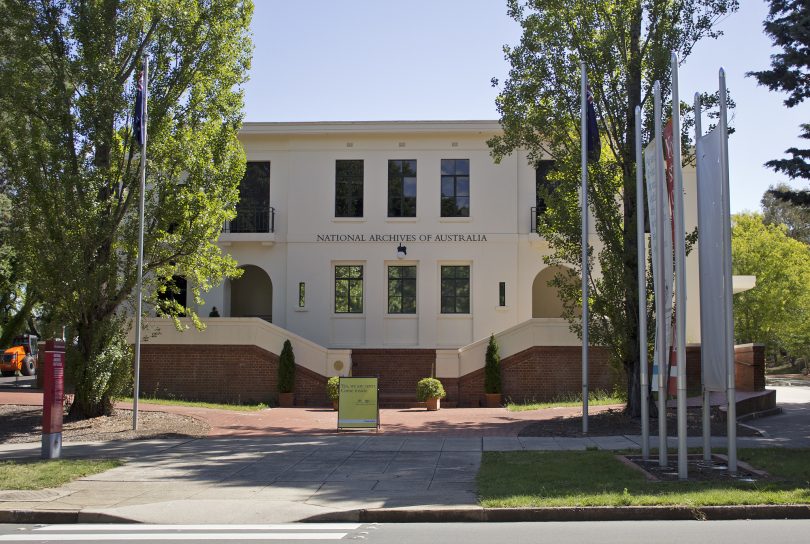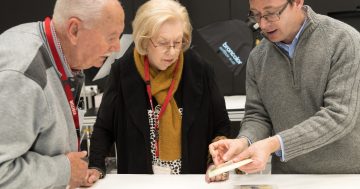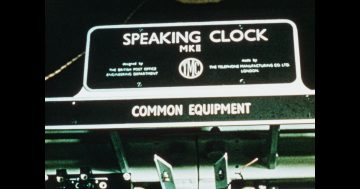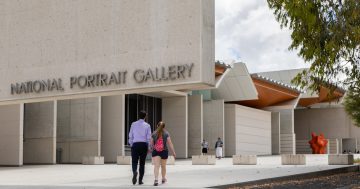
The National Archives of Australia in Parkes: funding will mean an accelerated four-year digitisation program. Photo: File.
The National Archives of Australia has finally been granted the recommended $67.7 million in extra funding to digitise at-risk collection items after intense lobbying from Director-General David Fricker and a public campaign warning that the nation’s memory would be lost.
The $67.7 million recommended by former Finance secretary David Tune in his report submitted in January last year will go towards:
- Digitisation and preservation of the National Archives’ at-risk collection over an accelerated four-year digitisation program.
- Additional staffing and capability to address backlogs for ‘access applications’ for Commonwealth records and improve Digitisation on Demand services.
- Investment in cybersecurity and further development of the National Archives’ Next Generation Digital Archive to facilitate the secure and timely transfer of records to the National Archives’ custody, their preservation and digital access.
The funding will allow for a staged and sequential implementation of the preservation work to ensure around 270,000 of the most at-risk records are digitised, stored, cyber-secured, preserved and catalogued.
Attorney-General Senator Michaelia Cash said the funding would meet the immediate needs of the National Archives of Australia.
“This funding will be critical to preserving our history, the national treasures that define it, and increasing the public’s access to it,” she said.
Assistant Minister to the Attorney General, Assistant Minister for Industrial Relations and Assistant Minister for Women, Senator Amanda Stoker said the funding would allow digitisation works to be completed within four years.
Most of the records are paper-based files. There are also significant holdings of maps and plans, photographs, motion picture films, magnetic audio-visual tapes, digital files, and 3-dimensional ‘objects’.
Formats that are particularly susceptible to deterioration and loss include magnetic tape audiovisual records and photographic and film records, particularly on nitrate and acetate film.
The Federal Government only made Mr Tune’s report public in March this year. Early last month an open letter from over 150 writers, academics and prominent Australians to the Prime Minister urged the government to stop the neglect of the National Archives and protect the nation’s history.
The National Archives of Australia’s collection includes irreplaceable information about citizens, such as immigration records, military service records and Census data.
The National Archives has been contacted for comment.





















